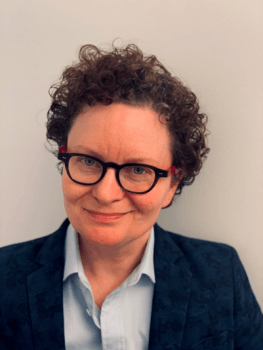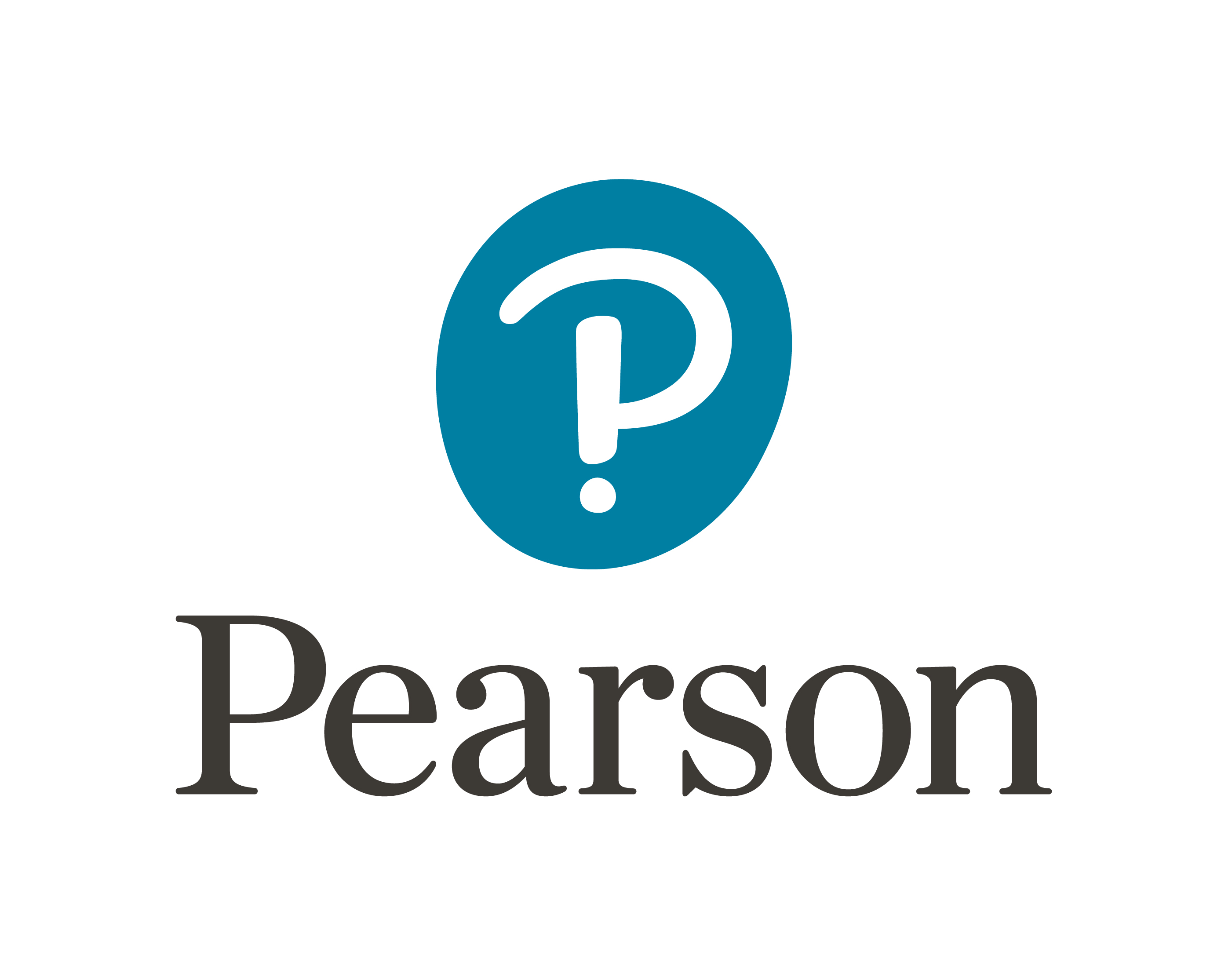
Working as a psychologist can be challenging, demanding, and stressful. With some clients, it can be traumatizing to the clinician. Self-care, the promotion of wellness, and the prevention of burnout are essential for every psychologist in order to maintain our competence and clinical effectiveness. The ethical obligation to do so is addressed, ways to assess our own individual self-care needs and effectiveness, and specific strategies for the effective practice of self-care are presented. Important issues such as personal and professional challenges, vulnerabilities, and blind spots are addressed. The limitations of self-monitoring and self-assessment are reviewed and recommendations for proactively and effectively addressing these challenges are presented, to include the effective use of colleagues and other resources. Practical strategies are presented to assist participants to develop a personal wellness-promotion plan that they can implement moving forward. Challenges and common pitfalls are discussed, and alternatives presented. Rather than only focus on preventing problems with professional competence, how to promote wellness, thriving, and flourishing as a psychologist and as a person is emphasized. A realistic approach to ongoing self-care and the promotion of wellness is presented that each psychologist can integrate into their daily lives, for their own benefit, and for the benefit of their clients.
Learning Objectives
At the end of this presentation, participants will be able to:
- List their personal vulnerabilities and blind spots
- Explain the symptoms warning signs of burnout
- Articulate a personal self-care plan
- Explain the use of their competence constellation to promote ongoing wellness

You have probably observed many different types of sleep issues in your young adult clients, including difficulties going to bed at a conventional time, extreme difficulty waking up in the morning, inability to stay awake during the day, insomnia, and sometimes combinations of each of these problems. Indeed sleep problems in young adults are widespread, and untreated problems carry significant risk for mental health issues, and predict poorer outcomes in those who already have mental disorders. Unfortunately, many clinicians working with youth use child treatments, or adult treatments such as Cognitive Behavioural Insomnia Therapy, but these approaches overlook the complexities of teen sleep (e.g., the transdiagnostic nature of their sleep difficulties). Acknowledging the broad scope of sleep issues in this population, evidence-based transdiagnostic treatments offer a more holistic approach. This workshop, led by a seasoned expert in behavioural sleep medicine, will provide tailored and validated cognitive behavioural sleep medicine techniques specifically designed for teenage sleep problems (Harvey et al., 2016), as well as access to a validated, complimentary app designed to enhance sleep quality among adolescents and young adults with complex issues.
SPONSORED BY:


Psychologists have long ventured beyond the traditional therapy office. From lab researchers to policy consultants, our role is unique and unlike any other profession. Our in-depth training in the psycho-social-biology of human behavior makes us relevant in every sector and at every decision-making table. Whether you consider yourself a leader or not, whether you run a solo or large group practice, as a psychologist, you have a leadership role and a unique place in shaping our society. In this talk, Dr. Tatijana Busic will dive into our complex roles and the potential impact of leadership within our profession, offering fresh insights and stimulating discussions that challenge conventional boundaries.

Join us for an insightful panel discussion on the transformative potential of artificial intelligence in psychology. This session will explore cutting-edge AI advancements and their practical applications in clinical practice. The panel will review novel applications of AI in clinical practice, use of AI and other digital tools in guided self-help computer games for mental health, and the real-world translation of AI, including how large organizations and insurance companies are adapting to these developments. Attendees will gain valuable insights on how AI can enhance therapeutic outcomes, streamline administrative tasks, and reduce the overall burden on practitioners. The panelists will also discuss the possible potential and risk embedded in AI and generative AI tools.



The question of meaning is a deeply human concern. It accompanies us in our everydayness and erupts suddenly and poignantly after significant changes or calamities. When questions of meaning emerge in psychotherapy or in life, we find ourselves at a threshold of unique challenges and opportunities.
My aim for this talk is to elaborate on the personal and clinical engagement with existential meaning from the perspective of Existential Analysis (EA). EA is a phenomenological and person-centered psychotherapy that aims to assist clients in finding an ‘inner yes’ to life, to facilitate authentic decisions and to bring about a truly responsible way of dealing with life (Längle, 2003). In EA, meaning is understood as one of four conditions for a fulfilled existence, alongside motivations to be, to live one’s feelings, values, and relationships, and to become oneself.
Engagement with meaninglessness in EA practice begins with Frankl’s (1988) ‘existential turn’, a turn from the ontological to the existential, in which the person is invited to experience themselves as questioned by life. The practical methods for addressing existential meaning aim to assist clients with an accurate, phenomenological perception of their situation, their felt experience of values, finding their own position, and living their authentic response. Practical methods of dealing with meaninglessness will be elaborated and illustrated through clinical case examples.

SPONSORED BY:

As part of Truth and Reconciliation (specifically calls to action 18-24), as well as the United Nations Declaration of the Rights of Indigenous Peoples (UNDRIP), healthcare and mental health care professionals have a responsibility to provide culturally safe and non-discriminatory care to Indigenous Peoples. This presentation will begin with a brief overview of who Indigenous Peoples in Canada are as well as our histories, will discuss clinical considerations in both assessment and treatment when working with Indigenous Peoples, and will discuss possible ways to move forward through allyship and system-level work. The goal of this presentation is to engage in knowledge sharing to increase an understanding of Indigenous Peoples in Canada and prime the audience for their continued learning.

Obsessive compulsive disorder (OCD) once thought to be extremely rare has a lifetime prevalence of 1-2%. It has a heterogenous presentation with up to 20% of those diagnosed considered to be severely impaired. This keynote address will trace the development and efficacy of behavioural and cognitive treatments for OCD and end with future speculation for addressing this fascinating and vexing problem.
The current psychological gold standard, exposure and response prevention (ERP), dates back to the 1950s. Using the Yale-Brown Obsessive Compulsive Scale (YBOCS) as a dependent measure, the average decline in symptoms for those who complete treatment is approximately 55% and these gains are largely maintained for the vast majority over short and medium-term follow-ups. In the mid 1980s and consistent with the ‘second wave’, cognitive treatments for OCD were introduced. Belief domains thought to be important in the maintenance of the problem were identified including inflated responsibility, over importance and need to control thoughts and the need for certainty. Treatments built around these domains and testing resulted in similar effect sizes to ERP with perhaps less dropout and refusal rates. Similiarily, other approaches including acceptance and commitment therapy (ACT), inhibitory learning, and inferential confusion also show promise but are not a significant improvement over previous treatments.
In the early 2000s mental contamination (MC) was identified and targeted cognitive treatments were developed. However, there has been relatively little testing of the treatment in contrast to what is known about MC phenomenology. In the years to come we need to expand and refine MC treatments. It is also hoped that other adjuncts to treatment (e.g., psychedelic-assisted therapy) will be beneficial. With so many options available, it may be that a ‘match’ between type of treatment and specifics of the OCD presentation will be an avenue to explore.
SPONSORED BY:



Panel discussion on the topic of career paths in the profession of psychology. Guest panelists Drs. Martin Antony, Randi McCabe and Katie Stewart.



This talk will include near-horizon innovations to improve mental health access and care, lessons learned from leadership in mental health care, and the ongoing stigma related to mental health problems and illnesses.

As awareness and impacts of the climate, biodiversity and equity crisis grow in scope and scale, psychologists are increasingly being faced with clients struggling with various forms of climate distress and grief. In this presentation, Dr. Wendy Greenspun will help us look at the challenges of being a clinician in this changing world, including what it means to be embedded in this “polycrisis” along with our clients, how to build our own emotional sustainability practices, and ways we can navigate some of the clinical challenges that emerge in climate-informed therapy. Considerations about how we might expand our psychotherapeutic models and practices will additionally be explored.

The experience of psychosis is often associated with a pessimistic view of recovery and an overreliance on pharmacological intervention. However, recent evidence has demonstrated that recovery is not only possible but can be the probable outcome when clients receive the appropriate supports. Cognitive behavioural therapy for psychosis (CBTp) is recommended in national and international guidelines for the effective treatment of schizophrenia-spectrum disorders, however, accessibility is often limited. This presentation will provide an overview of the evidence supporting CBTp, introduce the cognitive conceptualization of psychosis, and provide two high impact therapeutic strategies to support clients with psychosis.

Presentation co-authored by Dr. Karen Rowa
Exposure therapy is an effective intervention for anxiety and related disorders, but does not work for all individuals and is not well-tolerated by some individuals. In this workshop, we will review some potential reasons for this and argue that therapeutic exposure therapy must be based on a strong conceptualization of what the client needs to learn from the exposure and collaborative and creative ways of setting up an exposure exercise that will fulfill this mandate. We will share case examples to illustrate these concepts.

Sound healing, sound meditation, sound therapy, and soundbaths are terms that are often used interchangeably. Essentially these experiences encompass a sound-based mediation or immersion where various sounds (e.g., instruments, voice) frequencies, and/or vibrations are utilized to promote the relaxation and well-being of participants.
There is emerging evidence to support the mental health and wellness benefits of sound meditation as a Mindfulness practice as it can relieve symptoms of anxiety, depression, and overall feelings of tension (Goldsby et al., 2017, 2022).
Join Dr. Tiffany Hunt for a brief sound session where you are invited to rest, relax, and recharge your nervous system. Participants are encouraged to maximize their comfort (e.g., seated or lying down, blanket, pillow, sleep mask, etc.,) and become immersed in the healing power of sound. Various instruments such as crystal singing bowls, kindred spirit drums, ocean drum, chimes, and voice will be used to facilitate connection to your mind, body, and spirit. In addition to relaxation, participants commonly report experiences such as stress relief, emotional shifts, physical sensations, and imagery. Tune in for a unique experience!
SPONSORED BY:


Effective psychological therapies have been developed for all common mental health problems. The public shows a preference for psychotherapy over medication. However, in most countries most people cannot access effective psychological therapy. This talk outlines the history and development of the NHS Talking Therapies for Anxiety and Depression (formerly known as “IAPT”) program that has made psychological therapy for anxiety disorders and depression much more widely available in England and is being copied in some other countries. The talk covers the clinical model, the training program, the crucial role of measurement-based care, and the combined economic & clinical arguments that underpinned public funding of the program. Currently, over 670,000 people receive a course of treatment each year. Outcome data is available for 99% of treated patients. Approximately 50% fully recover and around 7 in every 10-show significant improvement. The benefits of therapy are widespread. As well as improving patient’s mental health, the NHS Talking Therapies program reduces other physical healthcare costs and helps grow national economies in the countries where it has been implemented.

The focus of this presentation will be on learning how to engage in antiracist supervision. This includes learning the history of racism and how racism continues to manifest, identifying racism as an ongoing public health crisis, recognizing personal racial biases as a first step toward engaging in antiracist work, raising critical consciousness, cultivating foundational knowledge in racism, and dismantling racism during supervision. The presentation will include common ways in which racism presents in supervision. Strategies for addressing racism in supervision will be provided. Activities for raising race consciousness will also be discussed. Attendees will develop increased awareness of the ways in which racism may present in supervision and skills for creating a safe learning environment for trainees with racial and ethnic minoritized identities.

Psychedelic therapy shows potential as a treatment for a range of mental health concerns, including major depressive disorder and posttraumatic stress disorder. In this talk, Dr. Richard Zeifman will describe the current state of psychedelic research, including outcomes from clinical trials, safety concerns, and key methodological issues. This talk will also address potential synergies between the effects of psychedelics and psychotherapeutic processes, as well as the possible future of psychedelics within psychology.

Public Safety Personnel (PSP) include, but are not limited to, border services agents, communications personnel (e.g., call center operators/dispatchers), correctional workers, firefighters (career and volunteer), paramedics, and police (municipal, provincial, federal). PSP face numerous diverse stressors that substantially distinguish them from the general population and military. The stressors have been associated with numerous mental health challenges. The demonstrated unique needs of PSP have increasingly evidenced the need to develop tailored, evidence-based solutions to support their mental health. The available evidence for such solutions has been relatively scant until recently, wherein several targeted federal and provincial investments have helped catalyze national efforts through several large-scale applied research initiatives. The presentation will provide a brief background describing the current challenges, followed by contemporary research updates that can help inform efforts for assessments, treatments, and mitigation strategies. The presentation will conclude with actionable recommendations and possible long-term strategies for psychology to further support our PSP, their leaders, and their families.

While many clinicians, researchers, and educators are familiar with CBT theory, conceptualization, and treatment, they may be unaware of the refinements made over the previous decade. This presentation will focus on important changes, including the introduction of a strength-based conceptualization and a recovery orientation, integration of techniques from other evidence-based modalities, using the conceptualization to overcome therapeutic ruptures, and adapting treatment for each individual client, considering the client’s age, gender, developmental level, education, socio-economic status, cultural background, history (including trauma), environmental contexts (such as racism), and other factors. CBT has been researched and modified for many different populations around the world and is now delivered by a wide range of professionals and non-professionals using a variety of novel delivery formats.


